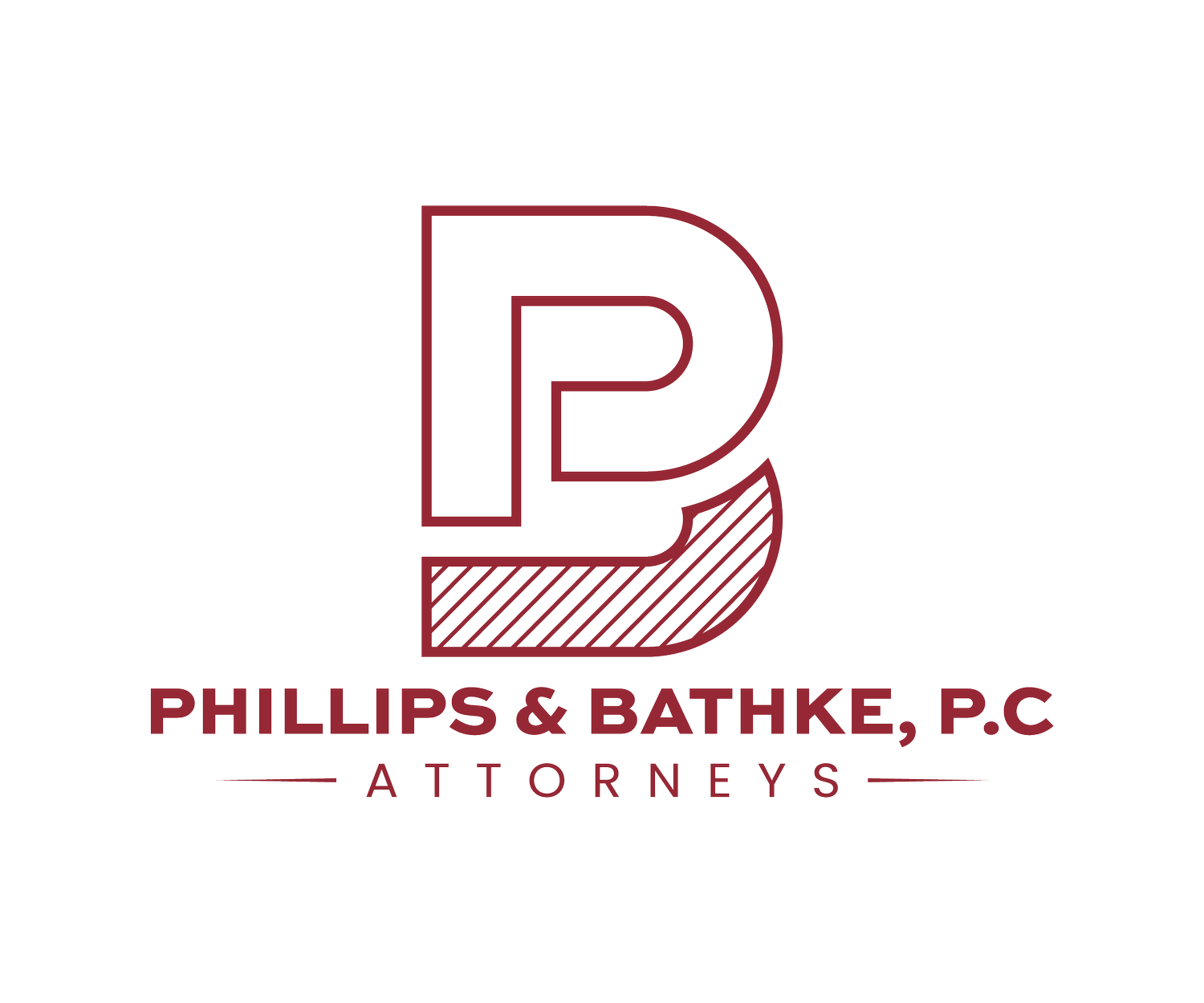Automatic renewals for e-commerce
Many e-commerce providers utilize automatically renewing agreements. That is, their contracts continue for a specified period unless the consumer cancels them before the end of the term. These contracts are common for popular for subscription-based services, such as streaming media, software, and meal kits. If your business uses this model, or intends to, you should be aware of some laws that, if not complied with, that could lead to liability.
Federal and state laws govern automatic renewal contracts. These laws are designed to protect consumers from being surprised by unexpected charges. However, the laws may be used by plaintiffs’ class-action attorneys to extract settlements from businesses for what seem like minor, unimportant violations of the laws. Along with these laws, the Federal Trade Commission has begun the process of rulemaking for these agreements. 88 FR 24716.
The federal Restore Online Shoppers' Confidence Act, 15 U.S.C. §§ 8401-8405, is one such law. This law requires automatic renewals to have clear and conspicuous language, that consent for renewal be both informed and given, and simple mechanisms for cancellation. The Federal Trade Commission is active in this area and has engaged in rulemaking proposing to require sellers to make it just as easy to cancel as it is to sign up. That is, if someone signs up by clicking a button, you cannot make them call in to cancel.
The Illinois Automatic Contract Renewal Act (ACRL), 815 ILCS 601, requires businesses to provide consumers with clear and conspicuous notice of any automatic renewal provision in a contract. The notice must meet certain font and type requirements and be prominent. The ACRL also requires businesses to provide certain notices to consumers. This notice must include the date of the renewal, the amount of the charge, and how to cancel the contract. Similarly, the California Automatic Renewal Law (ARL) is similar to the Illinois ACRL. It requires businesses to provide consumers with clear and conspicuous notice of any automatic renewal provision in a contract. It also has font, type, and notice requirements as well.
So, what typeface do you have to use? What size? What is clear and conspicuous? How to you minimize your liability through enforceable arbitration clauses? Unfortunately, the usual laywer answer applies—It depends. What is clear and conspicuous on one website may not be on another. Each business and platform requires its own analysis.
E-commerce providers face several legal and regulatory obstacles. If not complied with, providers may create liability to be pounced upon by plaintiffs’ class-action attorneys. Auto-renewals, Americans with Disability Act accommodations, texting notices, and other areas all provide points of potential liability. Any business wishing to avoid these potential claims is well-advised to discuss its platform, its website, and its marketing with an attorney familiar with these concerns. Counsel can advise how to implement best practices—typically aimed at complying with the strictest of laws so that all other states’ laws are also complied with—to minimize liability. Phillips & Bathke’s attorneys can help you with these issues. You can contact us to discuss, here.
